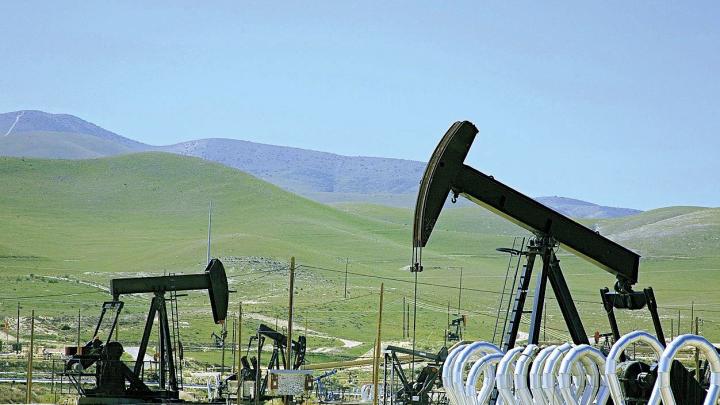The United States is wasting more than $4 billion a year by giving oil and gas companies tax breaks that do not benefit consumers or the economy, says Joseph Aldy, assistant professor of public policy at the Kennedy School of Government and a former special assistant to the president for energy and environment. This special treatment for the fossil-fuel industry, he points out, adds to the national debt and maintains the country’s dependence on a finite natural resource that produces greenhouse gases.
Some of the tax benefits now in force date back nearly a century, to a time, he notes, when oil drilling was considered a “very risky economic activity” that deserved federal support. But improved drilling technologies and the global nature of the ever-growing market for liquid fuels have radically changed that original calculus, Aldy writes in a paper funded by the Hamilton Project, a Brookings Institution initiative that sponsors policy proposals intended to “create a growing economy that benefits more Americans.”
Eliminating the tax breaks could slash the U.S. deficit by as much $41 billion in the next decade, Aldy asserts—without materially increasing retail fuel prices, reducing employment, or weakening the nation’s energy security. “The vast majority of the provisions in the tax code that I call for eliminating effectively lower the cost of investing in a new oil field, gas field, or coal mine,” Aldy says; thus, they make such investments more appealing than investment in a new factory, for example. This, he says, distorts how people make investment decisions, resulting in more capital and taxpayer monies going into oil and gas production. These tax breaks do not, however, have a material impact on U.S. energy production. (He cites a 2009 study, done for the nonprofit organization Resources for the Future, that indicates removal of these tax breaks would reduce U.S. oil production by about 26,000 barrels per day, or less than one-third of 1 percent of current U.S. production.) In contrast, he points out, some now-expired tax provisions, such as the “unconventional gas tax credit,” did provide incentive for firms to test novel technologies on a commercial scale and helped promote the development of shale gas fracking.
Although Aldy would eliminate 12 specific tax provisions that benefit oil and gas companies doing business in the United States, he writes that eliminating just three provisions in particular—expensing intangible drilling costs, the section 199 domestic-manufacturing tax deduction for oil and gas, and percentage depletion for oil and gas wells—would yield 89 percent of the potential economic benefits that his study projects. That would not only level the playing field between fossil- and alternative-fuel companies, but also enable the U.S. government to make the case that large developing countries like India and China might also benefit by phasing out their fossil-fuel consumption subsidies. At the 2009 G-20 summit in Pittsburgh, he notes, world leaders recognized that fossil fuels were being subsidized globally to an extreme extent (about half a trillion dollars) and called for the practice to end. Eliminating consumption subsidies in developing countries would reduce global oil demand (and the associated carbon pollution) by about 5 percent, Aldy says, and thus lower the price of crude oil worldwide. Critics have claimed that getting rid of the tax provisions will cost jobs, reduce U.S. energy security, and hurt small businesses, but he says that is not what economic history shows.
“If you just look at the track record of these subsidies in the U.S. tax code and what’s happened to U.S. production over the last 40 years…[there is] basically no correlation,” he reports. “The problem is that the current tax breaks do not target new technologies, nor do they target pollution-reducing technologies. The current tax breaks are indiscriminate and apply even now, when oil prices have been at their highest all-time levels over the past five years. They enrich firms that would have drilled wells anyway. In fact, the impact on U.S. production is negligible.”
If the subsidies were eliminated everywhere, global oil consumption could fall by more than four million barrels per day—benefiting consumer nations, including the United States. In addition, global carbon dioxide emissions contributing to climate change could fall about 7 percent by 2020 and about 10 percent (more than five billion tons of carbon dioxide per year) by 2050. “If the U.S. could actually deliver on what the president committed to in 2009, and…get rid of these production subsidies,” he says, “it has the potential to leverage a lot of change and behavior in other countries.”








